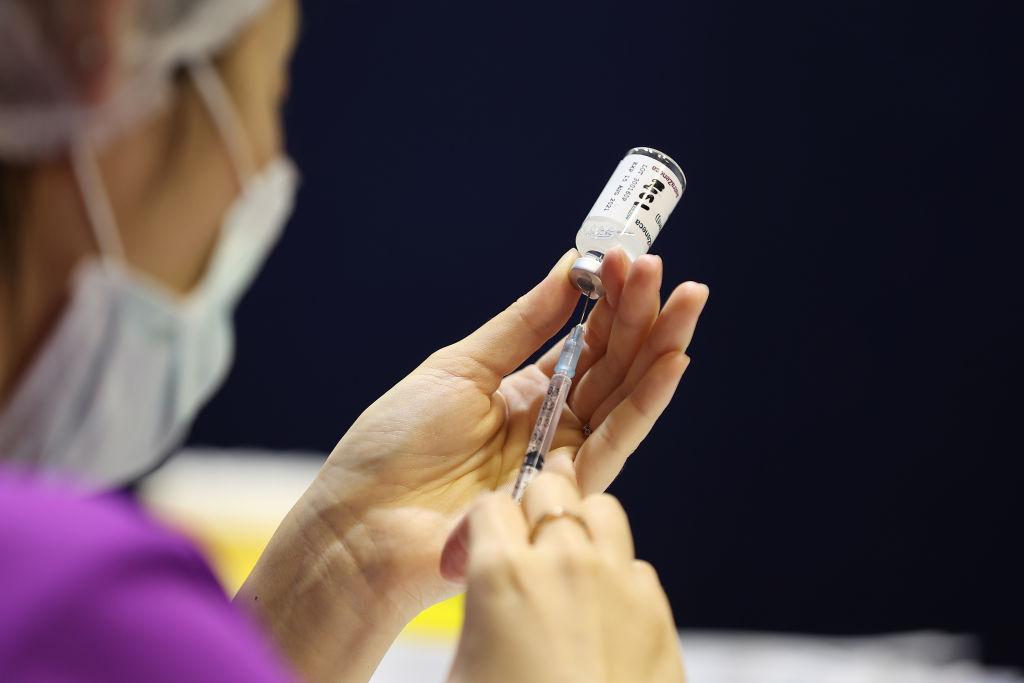The New South Wales (NSW) health system could lose about one in ten staff, who have not received a COVID-19 jab, as the vaccination deadline inches closer.
NSW Chief Health Officer Kerry Chant announced yesterday that 88 percent of the state’s health staff had received their first dose of a COVID-19 vaccine as of Sept. 14.





